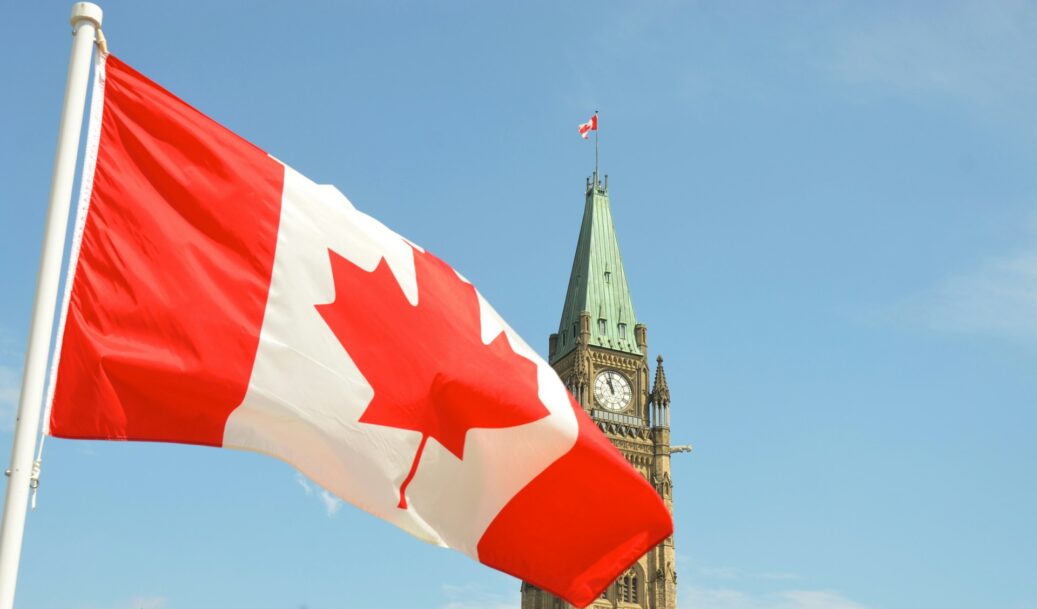We are living through a time of deep political division and hyperpolarization.
From vulgar bumper stickers and crude political signs at rallies to social media filled with insults and venom, the way we talk about politics has grown increasingly toxic.
Many no longer see political opponents as fellow citizens to debate, but as enemies to defeat—or worse, to hate. Where we once celebrated bipartisanship as a sign of strength, we now dismiss it as weakness or betrayal.
This should cause us, as Christian men, to pause and reflect.
If we view those who differ from us politically as enemies to despise, have we forgotten Jesus’ teaching to love our enemies and pray for those who persecute us (Matthew 5:44)? Have we become so consumed by culture wars that we’ve forgotten that the battle is the Lord’s (1 Samuel 17:47)?
Could it be that one reason polarization runs so deep is that God’s people have neglected one of their greatest weapons—the power of prayer?
The Priority of Prayer for Our Leaders
Wisdom and humility are essential qualities for any leader, and this is especially true in politics. Scripture makes it clear that God desires His world to be ruled by wise and humble individuals—those who recognize that authority is a trust, not a tool for self-interest (e.g., Deuteronomy 17:14-20, etc.).
Yet wisdom can seem woefully lacking in political leadership. The temptation to rule for personal gain, uncontrolled power, or to bolster one’s ego is always lurking in the shadows.
It is not enough to declare that God desires wise and humble leaders—we must pray that they will become so.
When Jesus stood before Pontius Pilate, He said, “You would have no power over me at all unless it were given to you from above.” (John 19:11). Even Pilate, an anemic Roman governor in a pagan empire, held his authority under God’s sovereign hand and was accountable for how he used it.
It is not enough to declare that God desires wise and humble leaders—we must pray that they will become so.
It is no different for leaders today; they are no less in need of prayer to exercise their authority with wisdom and humility.
A Biblical Imperative to Pray for Political Leaders
Prayer for those in authority is not optional; it’s essential.
Paul challenged Timothy, a young man and church leader, in this way:
“I urge you, first of all, to pray for all people. Ask God to help them; intercede on their behalf, and give thanks for them. Pray this way for kings and all who are in authority so that we can live peaceful and quiet lives marked by godliness and dignity. This is good and pleases God our Savior, who wants everyone to be saved and to understand the truth” (1 Timothy 2:1-4 NLT).
While there are many passages in Scripture linking the importance of prayer to the leaders in authority over us, this brief admonishment presents three principles men should consider:
1. Prayer is Commanded By and Pleases God
Praying for leaders is an act of obedience. We pray not because we agree with them, but because God tells us to and is pleased when we do so. Our leaders face complex decisions that require divine wisdom beyond human insight. James reminds us: “If you need wisdom, ask our generous God, and he will give it to you. He will not rebuke you for asking” (James 1:5 NLT).
2. Prayer is Needed for Peace and Prosperity
Jeremiah 29:7 instructs the exiles in Babylon: “Seek the peace and prosperity of the city…Pray to the Lord for it, because if it prospers, you too will prosper.” When we pray for our leaders, we are advocating for the well-being of our communities and nations. Peace and prosperity are blessings that benefit everyone.
3. Prayer is Part of the Mission of God
In Paul’s words to Timothy listed above, God desires “everyone to be saved and to understand the truth” (1 Timothy 2:4 NLT). It is significant that Paul links prayer for leaders to the advancement of the Gospel. Prayer for our political leaders must be viewed as more than a means to benefit our bank accounts, security, or personal preferences. Rather, it is participating in God’s Kingdom work by sowing seeds that can spread the Good News to all.
Yes, it is appropriate to critique injustice and poor policy and hold political leaders accountable.
But instead of merely complaining or casting stones, what might change if we consistently prayed for our local, provincial, and national leaders, regardless of whether we voted for them?
Rather than stoking outrage or demonizing leaders online, what if we invested our time in interceding for them—asking God to grant them wisdom, courage, and humility?
But instead of merely complaining or casting stones, what might change if we consistently prayed for our local, provincial, and national leaders, regardless of whether we voted for them?
How might our world look different today?
Men of Prayer in a Divided World
An answer lies in how early Christians navigated political realities, learning to exist in the shadow of the Empire, confronting challenges to their beliefs, while also being faithful witnesses of Jesus.
When we examine stories in the Book of Acts, we fail to see anger, protests, or name-calling.
If Meta had existed, it is highly unlikely that apostle profiles would have rudely denounced Herod’s policies or programs.
It’s as if the early Church recognized they were part of a greater reality, a different Kingdom that transcended any political power or persecution they faced.
So, instead of fighting their battles with “worldly weapons” (2 Corinthians 10:4 NLT), they chose a countercultural approach grounded in their deep communion with God.
In Acts 12, when Peter is imprisoned and facing trial and likely death, the Church didn’t take up arms.
Instead, they fell to their knees.
“But while Peter was in prison, the church prayed very earnestly for him.” (Acts 12:1-5 NLT) As a result of those intense prayers, God intervened, Peter was freed, and the Gospel continued to be unleashed.
Proverbs 15:8 reminds us that the Lord “delights in the prayers of the upright.” Not only does He love it when His people pray, but as the King James Version states, “the effectual fervent prayer of a righteous man availeth much” (James 5:16 KJV).
If we believe this to be true, why are we so quick to adopt worldly tactics or attitudes?
Perhaps if we reduced criticism, we would have more time to commune with God in prayer.
Maybe if we lessened the vitriol, we would see more spiritual victories.
And if we demonized less, we might witness more demonstrations of God at work.
Our world doesn’t need more men in politics; it needs more men of prayer.
About


